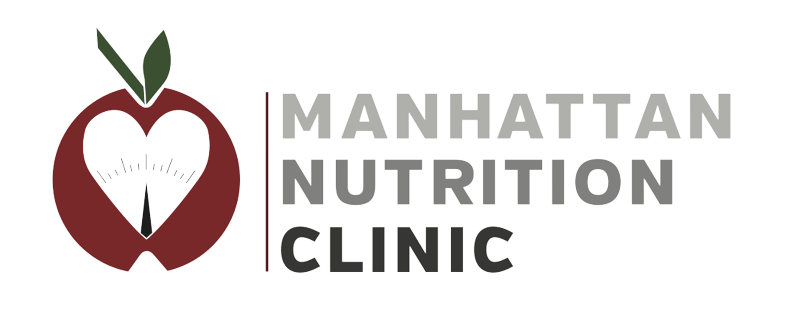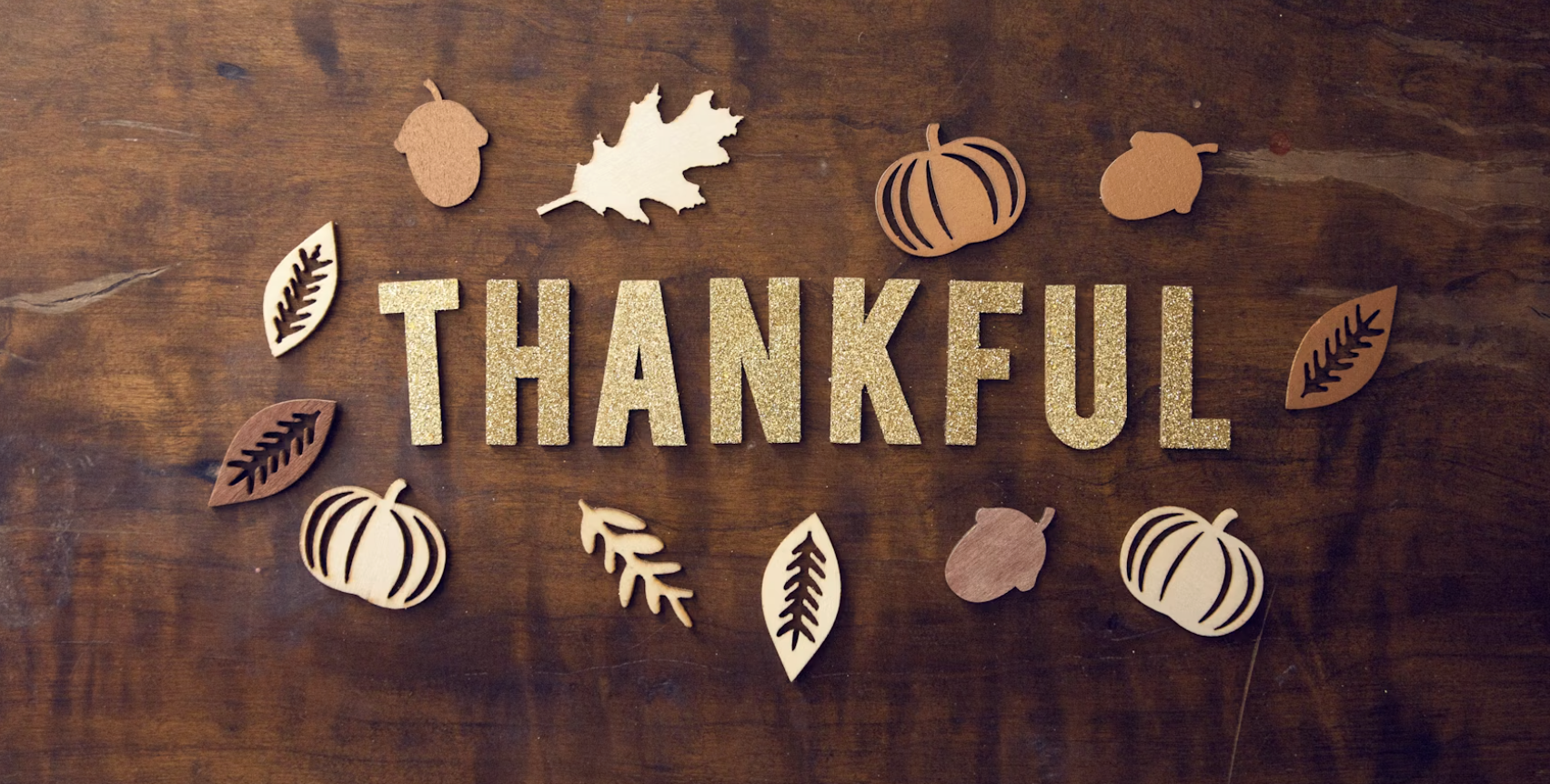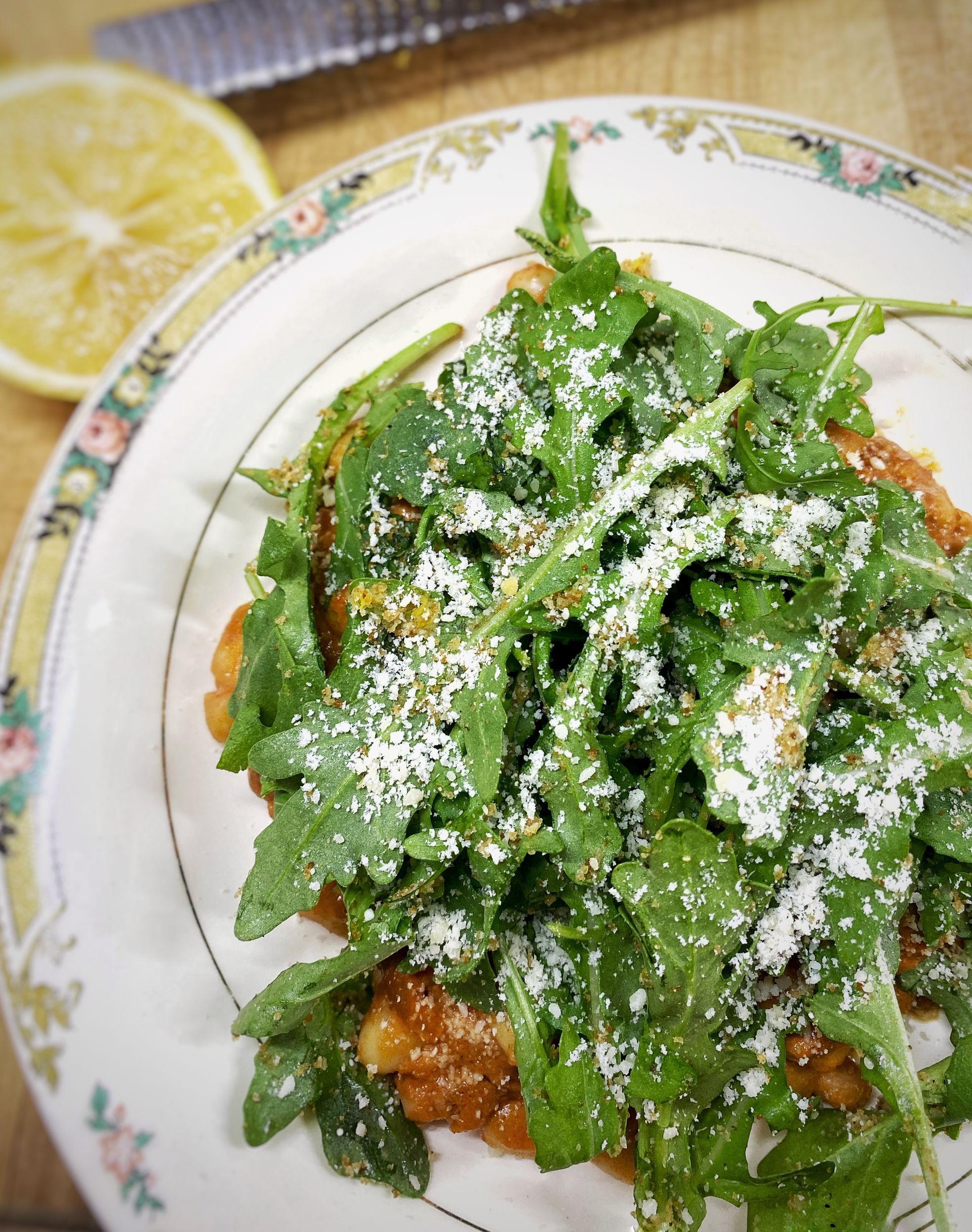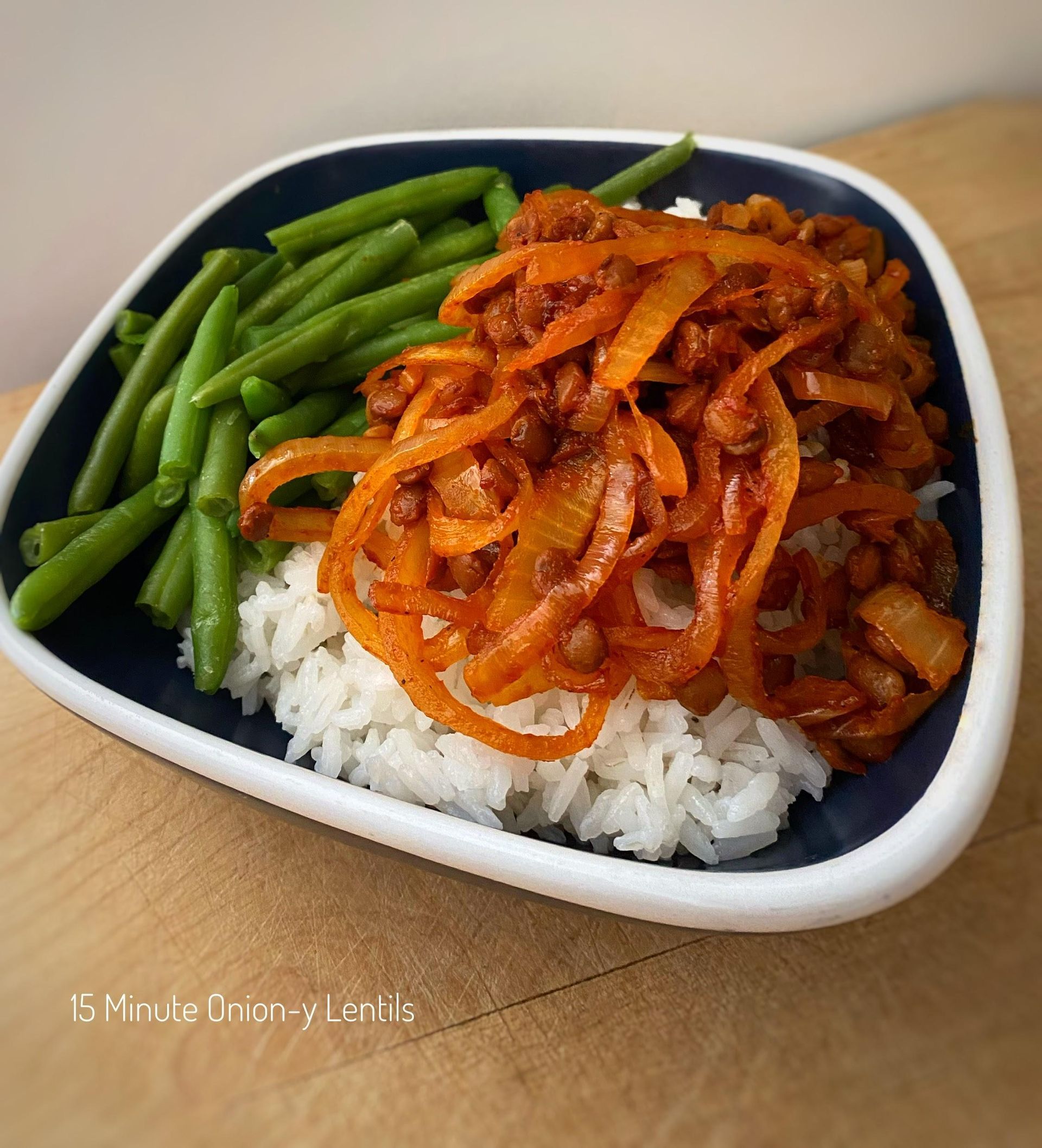
Hypertension aka high blood pressure is a common condition (about half of American adults have it) that can go undiagnosed for years. Unfortunately, that means it could also be harming your body during that time. Regular screenings are super important to catch it and, beyond that, adopting certain lifestyle habits may be able to stop it from developing.
What is high blood pressure?
High blood pressure refers to a higher-than-normal force from the blood flowing through your blood vessels. This pressure comes from two sources: the blood pumping out of your heart and the pressure that occurs while your heart rests between beats. When you get your blood pressure measured, the two numbers come from these two sources. Systolic pressure is the pressure from blood flowing out of your heart. Diastolic pressure is the pressure created as the heart rests between beats.
Why is high blood pressure bad?
High pressure makes the heart and blood vessels work harder than normal. Over time, as highly pressured blood travels through the vessels, it causes wear and tears on the vessels. At the site of the tears, LDL cholesterol starts to build plaque, narrowing the space for the blood to travel and increasing the pressure even more. Eventually these conditions can lead to a heart attack or stroke.
How do I know if I have it?
High blood pressure can exist for years without symptoms. Regular check-ups at your doctor should include blood pressure measurements.
What causes high blood pressure?
There is no singular cause of high blood pressure, but there are several factors that can increase your risk of the disease. Risk factors include:
- Age
- Family History
- Gender
- Race
- Chronic Kidney Disease
- Lack of physical activity
- Poor diet, including one high in salt
- Being overweight or obese
- Consuming too much alcohol
- Smoking
- Sleep apnea
- High cholesterol
- Diabetes
- Stress
What should I do?
If you find yourself with high blood pressure or at risk, communicate with your doctor to develop a plan of care. While some factors such as family history and age cannot be changed, a number of the risk factors can be modified. Increasing activity and improving your dietary pattern are great places to start. (See this blog post about specific dietary guidelines for a healthy heart!)
If you feel like you would like more guidance on adopting a heart healthy eating pattern, reach out to me! rdn@manhattannutritionclinic or (785) 560-2566
